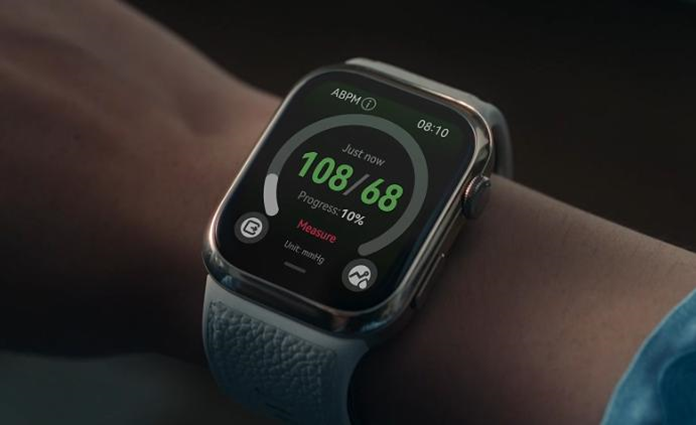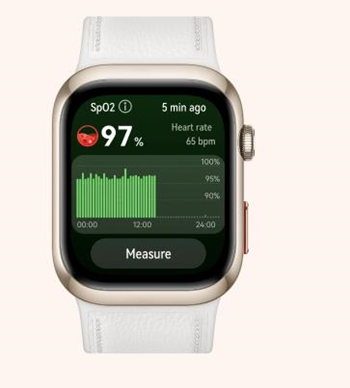Does Drinking Water Help with Blood Pressure Reduction?
Drinking
water is a fundamental aspect of maintaining overall health, but can it also
help reduce high blood pressure? For individuals dealing with hypertension,
finding natural ways to manage their blood pressure is often a priority.
Staying properly hydrated is one potential remedy that could support blood
pressure management. This blog explores the science behind hydration and its
potential impact on blood pressure.

The
Science Behind Water and Blood Pressure
How
Hydration Affects Blood Volume and Circulation
Hydration
plays a crucial role in regulating blood volume and circulation. Water helps
maintain the right volume of blood within your arteries, veins, and
capillaries, ensuring smooth circulation throughout the body. When your body is
adequately hydrated, blood remains at an optimal consistency, which makes it
easier for the heart to pump blood without straining. This efficient
circulation can help prevent spikes in blood pressure. Proper hydration also
ensures that the blood remains thin, which lowers the resistance in the
arteries and can make it easier for blood to flow through the body. By drinking
enough water, you support your cardiovascular system’s ability to function
efficiently, potentially contributing to lower blood pressure levels.
The
Role of Electrolytes in Blood Pressure Regulation
Electrolytes—such
as sodium, potassium, and magnesium—are key to maintaining balanced blood
pressure. When you drink enough water, it helps keep electrolyte levels in
check, which is essential for the normal functioning of nerves and muscles that
regulate heart activity. This balance prevents excessive sodium retention, a
major contributor to high blood pressure. Water intake also
supports kidney function by helping to flush out excess sodium from the body,
reducing the load on your circulatory system and contributing to better overall
blood pressure regulation.
Can
Drinking Water Lower High Blood Pressure?
Evidence
from Studies on Water and Hypertension
Research
has suggested a link between water consumption and blood pressure. Studies have
shown that inadequate hydration can lead to an increase in blood pressure. One
study found that participants who increased their water intake experienced a
noticeable reduction in blood pressure. This suggests that staying properly
hydrated may help prevent or manage hypertension, especially when combined with
other healthy lifestyle habits. Drinking
sufficient water ensures that the kidneys function properly by filtering out
excess sodium and waste products from the blood. This can prevent the build-up
of sodium in the body, which, when accumulated, can raise blood pressure
levels.
How
Much Water is Needed for Optimal Blood Pressure Control?
The
general recommendation for water intake is eight 8-ounce glasses a day
(approximately 2 liters). However, the amount of water needed can vary based on
factors such as age, physical activity, body weight, and climate. A good way to
assess hydration is by checking the color of your urine—light yellow generally
indicates proper hydration. For more personalized
advice, it's a good idea to consult with a healthcare provider, who can offer
tailored hydration recommendations to suit your individual needs and help
manage blood pressure effectively.

Tips
for Using Water to Manage Blood Pressure
Staying
Hydrated Throughout the Day
To
reap the full benefits of hydration, it’s essential to spread your water intake
throughout the day. Rather than drinking large amounts of water all at once,
try sipping small amounts of water regularly to maintain steady hydration
levels. Drinking water every couple of hours ensures your body is consistently
replenished and better equipped to regulate blood pressure. Advanced tools like the
Huawei Watch D2 can be helpful in monitoring hydration levels, offering
insights into your average daily water intake. By tracking hydration and blood
pressure readings, you can get a clearer picture of how your water consumption
affects your health.
Combining
Water Intake with Other Healthy Habits
While staying hydrated is essential for blood pressure control, it should be part of a broader approach to hypertension management. A balanced diet rich in fruits, vegetables, and whole grains, along with foods that lower your blood pressure, regular physical activity, and stress management, are all critical components of a holistic strategy to reduce blood pressure. Using tools like the Huawei Watch D2 can help you track your daily activity, monitor heart rate, and gain real-time insights into how your hydration levels, physical activity, and other lifestyle choices are impacting your blood pressure.
Are
There Any Risks or Drawbacks to Drinking Too Much Water?
The
Potential for Hyponatremia
While
drinking enough water is important, it is also possible to consume too much.
Overhydration can lead to a condition called hyponatremia, where the body’s
sodium levels drop to dangerously low levels due to excessive water intake.
This can result in symptoms such as headache, nausea, confusion, and in severe
cases, seizures. Though hyponatremia is
relatively rare, it is important to be mindful of overhydration, especially if
you're drinking large quantities of water in a short time. To avoid this, listen
to your body’s natural thirst signals and try not to force excessive amounts of
water in a single sitting.
Signs
of Overhydration and How to Avoid It
The
signs of overhydration include clear urine, swelling in the hands and feet, and
frequent urination. If you notice any of these symptoms, it’s important to
reduce your water intake and allow your body to adjust. To stay safe, it’s
recommended to pace your water intake throughout the day. Smart devices like the
Huawei Watch D2 can help you track your hydration status and prevent
overhydration. The device can offer reminders on optimal drinking times and
volumes, ensuring that you stay properly hydrated without overdoing it.
Conclusion
Proper
hydration plays an important role in maintaining overall health and can
contribute to blood pressure management. Drinking the right amount of water
helps maintain blood volume, regulates electrolyte balance, and supports kidney
function—all of which are vital for healthy blood pressure levels. While drinking water
alone may not completely control high blood pressure, it can be an effective
part of a comprehensive strategy that includes a balanced diet, regular
physical activity, and stress management. Tools like the Huawei Watch D2 can
provide valuable data on hydration and blood pressure, helping you optimize
your health regimen. By staying hydrated and
combining it with other healthy habits, you can support your efforts to manage
blood pressure and improve your overall cardiovascular health.


